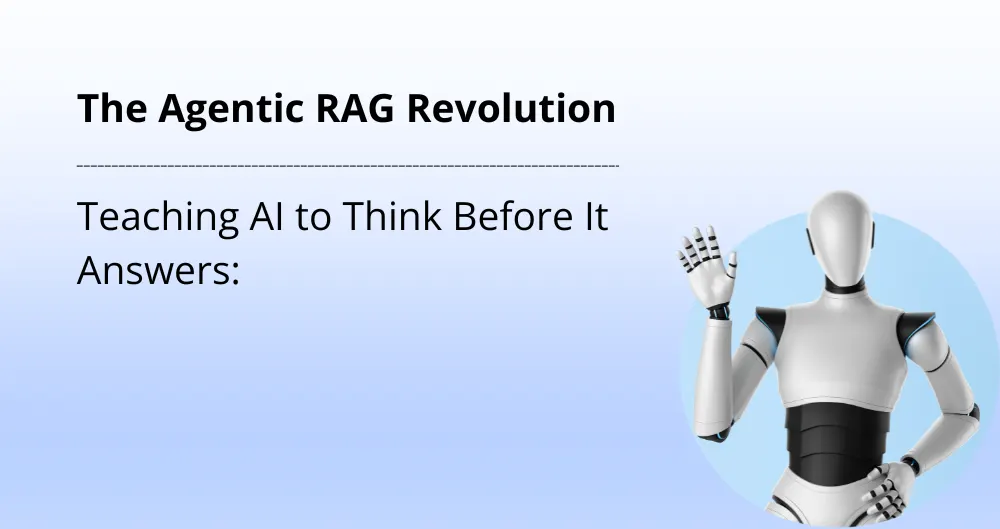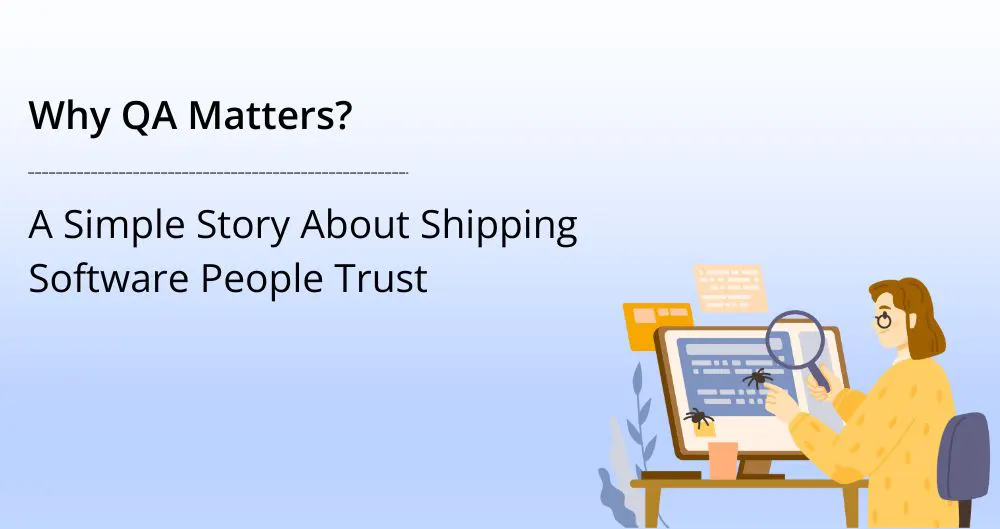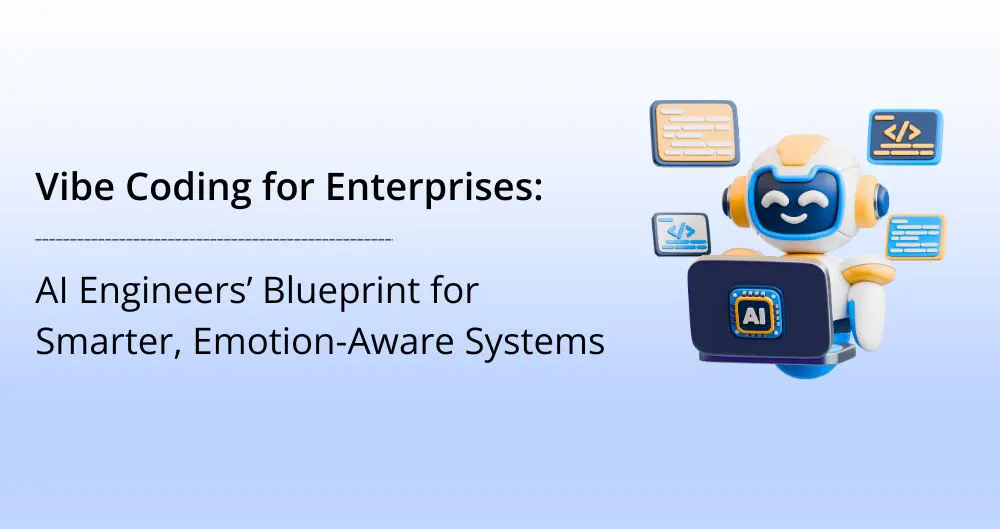February 11, 2025

Imagine running a business where every customer interaction is smooth, sales are well-organized, and marketing efforts hit the right audience at the right time. That’s the dream CRM (Customer Relationship Management) software promises. But in reality, things don’t always go as planned.
Many businesses struggle with CRM implementation. According to CSO Insights, 47% of CRM projects don’t meet expectations, and Forrester reports that one-third fail outright. But why does this happen? And more importantly, how can you avoid these pitfalls?
Let’s walk through the biggest CRM challenges and how to solve them—using simple, effective strategies.
1. Getting People to Actually Use the CRM
You invest in a powerful CRM, but your team doesn’t use it. Why? Because people resist change, especially when they’re comfortable with their old ways of working. A Capterra study found that 40% of sales teams struggle with CRM adoption.
-
Make it easy to use: Choose a CRM with a clean, user-friendly design.
-
Train and support your team: Offer hands-on training and address their concerns.
-
Lead by example: If managers use the CRM, employees will follow.
-
Make it rewarding: Introduce small incentives for using the CRM effectively.
2. Messy, Incomplete, or Incorrect Data
Your CRM is only as good as the data inside it. If your database is full of outdated or incorrect information, your team will lose trust in the system. A report by Validity found that 70% of CRM data becomes obsolete each year.
-
Automate data entry and updates: Use AI tools to clean and validate data.
-
Set data standards: Define clear rules on what information should be entered.
-
Regular clean-ups: Conduct quarterly audits to remove duplicate and outdated records.
3. CRM Doesn’t Work Well with Other Systems
Your CRM needs to connect with email, accounting software, and marketing tools. But often, businesses struggle with integration—HubSpot reports that 56% of companies face CRM integration issues.
-
Choose a CRM with open APIs: This makes integration easier.
-
Use middleware tools: Platforms like Zapier can help connect different apps.
-
Start small: Test integrations with a few systems before rolling out fully.
4. It’s Too Expensive
CRM software can be costly. Gartner estimates that CRM implementation costs range from $5,000 to $500,000. Many businesses underestimate these costs, leading to budget problems.
-
Go cloud-based: Cloud CRMs have lower upfront costs than on-premises solutions.
-
Implement in phases: Start with essential features and scale up later.
-
Look for free trials: Test software before making a commitment.
5. The CRM Doesn’t Fit Your Business
A generic CRM might not fit your unique workflow. McKinsey found that customized CRMs improve productivity by 50%.
-
Pick a customizable CRM: Look for one with flexible settings and modules.
-
Customize dashboards and reports: Tailor them to your team’s needs.
-
Work with a CRM consultant: Get expert help if needed.
6. Security and Compliance Risks
CRM systems store sensitive customer data, which, if not handled properly, can lead to security breaches. The Ponemon Institute found that 60% of companies have experienced CRM-related security incidents.
-
Use role-based access: Give employees access only to what they need.
-
Enable encryption and multi-factor authentication: These add extra layers of security.
-
Conduct regular audits: Ensure compliance with GDPR, HIPAA, and other regulations.
Table of Contents
- 1. Getting People to Actually Use the CRM
- 2. Messy, Incomplete, or Incorrect Data
- 3. CRM Doesn’t Work Well with Other Systems
- 4. It’s Too Expensive
- 5. The CRM Doesn’t Fit Your Business
- 6. Security and Compliance Risks
- You need a CRM that adapts to your business today and seamlessly scales with you as you grow.
- Related Articles
- Teaching AI to Think Before It Answers: The Agentic RAG Revolution
- Why QA Matters: A Simple Story About Shipping Software People Trust
- Vibe Coding for Enterprises: AI Engineers’ Blueprint for Smarter, Emotion-Aware Systems

Why Trust Techzooni?
🤖 Proven Expertise in AI Development
🔒 Secure and Scalable Solutions
🌐 End-to-End Support from Concept to Execution
📈 Data-Driven Decisions for Better Business Outcomes
With Techzooni, you can trust that your AI initiatives will be handled with care, precision, and innovation.
“
You need a CRM that adapts to your business today and seamlessly scales with you as you grow.
CRM implementation can be tough, but overcoming these challenges is worth it. When done right, CRM can boost productivity, improve customer relationships, and increase revenue. In fact, Nucleus Research found that companies earn $8.71 for every dollar spent on CRM.
By focusing on user adoption, clean data, seamless integration, cost-effective choices, customization, and security, you can turn your CRM from a frustration into a game-changer.
Related Articles
Teaching AI to Think Before It Answers: The Agentic RAG Revolution
Large language models excel at summarizing and generating text, but they’re not built to know real-time facts. Ask a standard LLM, “What were yesterday’s revenues?” and it will hit its knowledge cutoff, then confidently invent an answer. RAG (Retrieval-Augmented...
Why QA Matters: A Simple Story About Shipping Software People Trust
Meet Sam. Sam leads a small team building a new feature for a food delivery app: “skip-the-line pickups.” The deadline is tight, the demo is next Friday, and everyone’s excited. They code fast, push to staging, click around a bit—looks fine!—and ship. Two hours later,...
Vibe Coding for Enterprises: AI Engineers’ Blueprint for Smarter, Emotion-Aware Systems
Imagine a future where building software feels a bit like having a conversation. You tell your system what you want in plain English. Behind the scenes, intelligent agents spin up code, run tests, refactor, and even suggest improvements. That’s the world of vibe...



